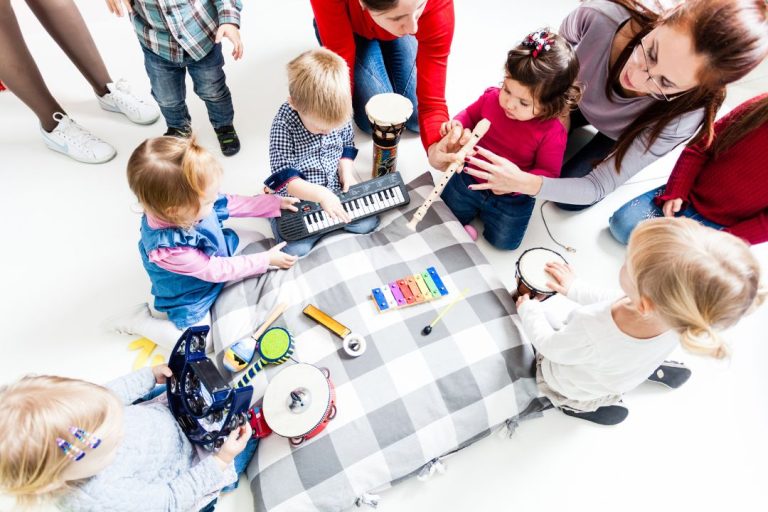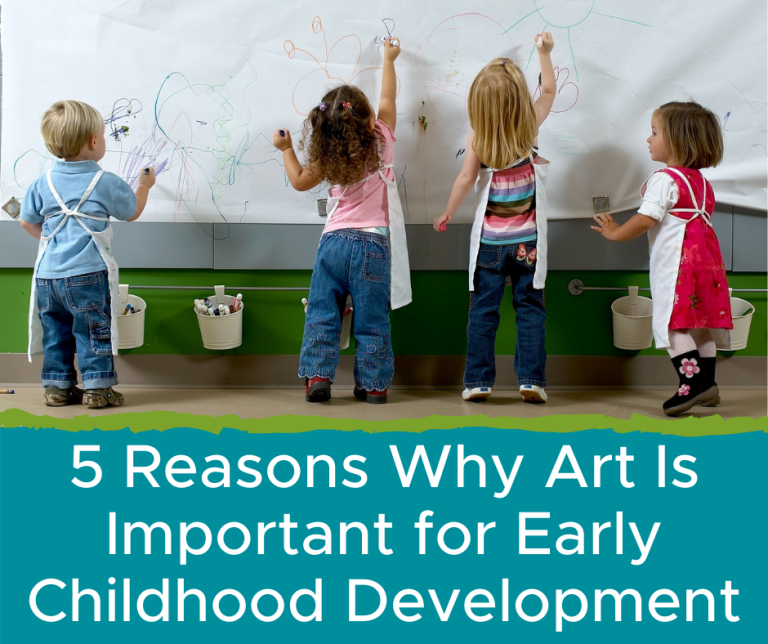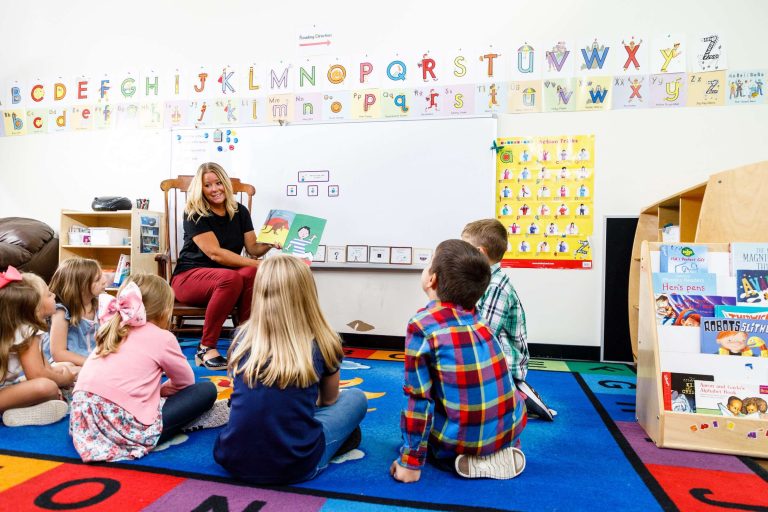What Age is Early Childhood Education : Unveiling the Ideal Start
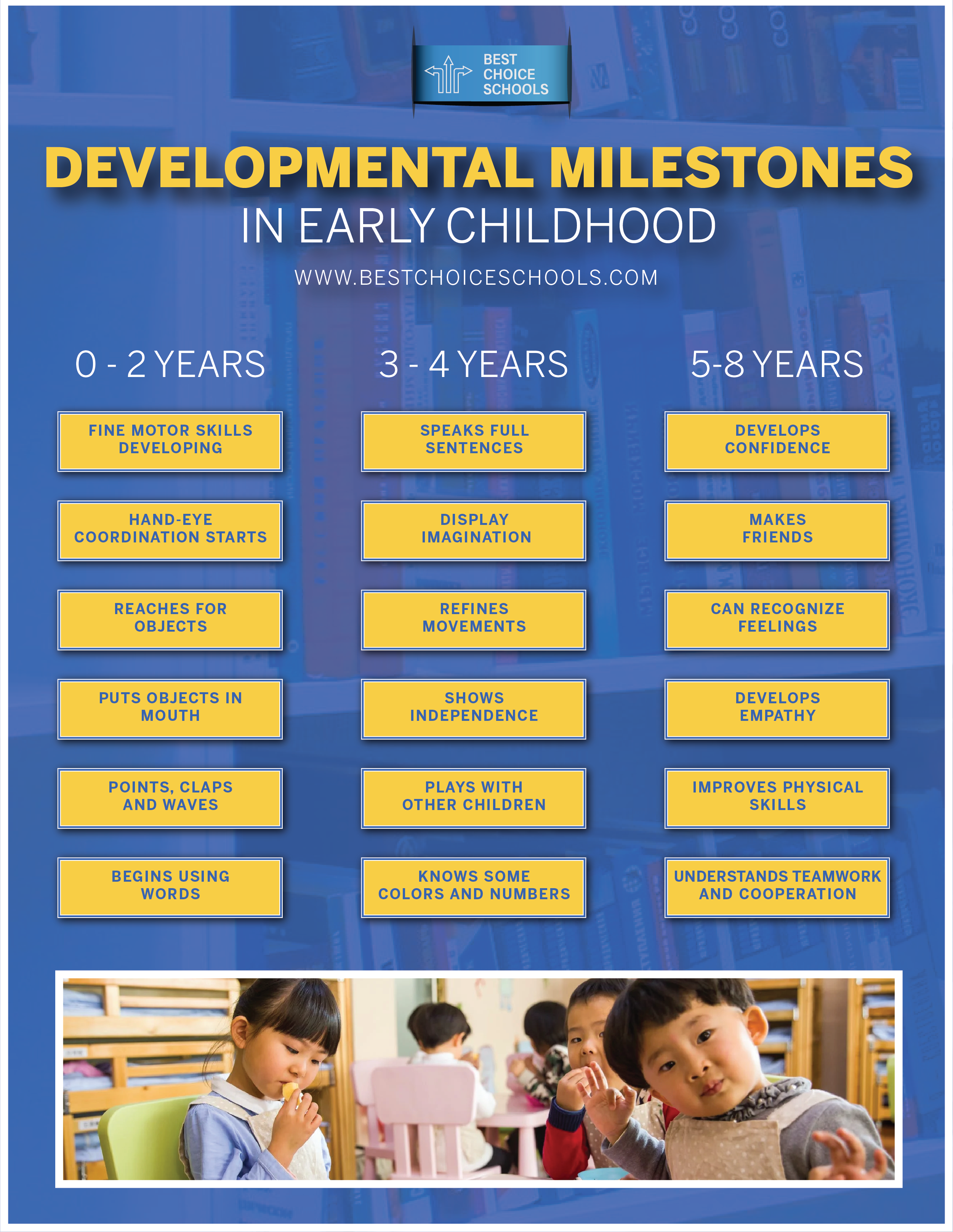
Early childhood education typically refers to the period of education from birth to around 8 years old. During this time, children undergo significant physical, cognitive, and emotional development that forms the foundation of their future learning.
The first few years of a child’s life are crucial for setting the stage for their future success. Early childhood education aims to provide children with the skills and knowledge they need to thrive academically, socially, and emotionally. This type of education typically focuses on play-based learning, socialization, and the development of foundational skills such as language, literacy, and numeracy.
Early childhood education programs may take place in formal settings such as preschools or daycare centers, or they may be informal, such as learning at home with a caregiver. Regardless of the setting, early childhood education plays a vital role in preparing children for a lifetime of learning and growth.
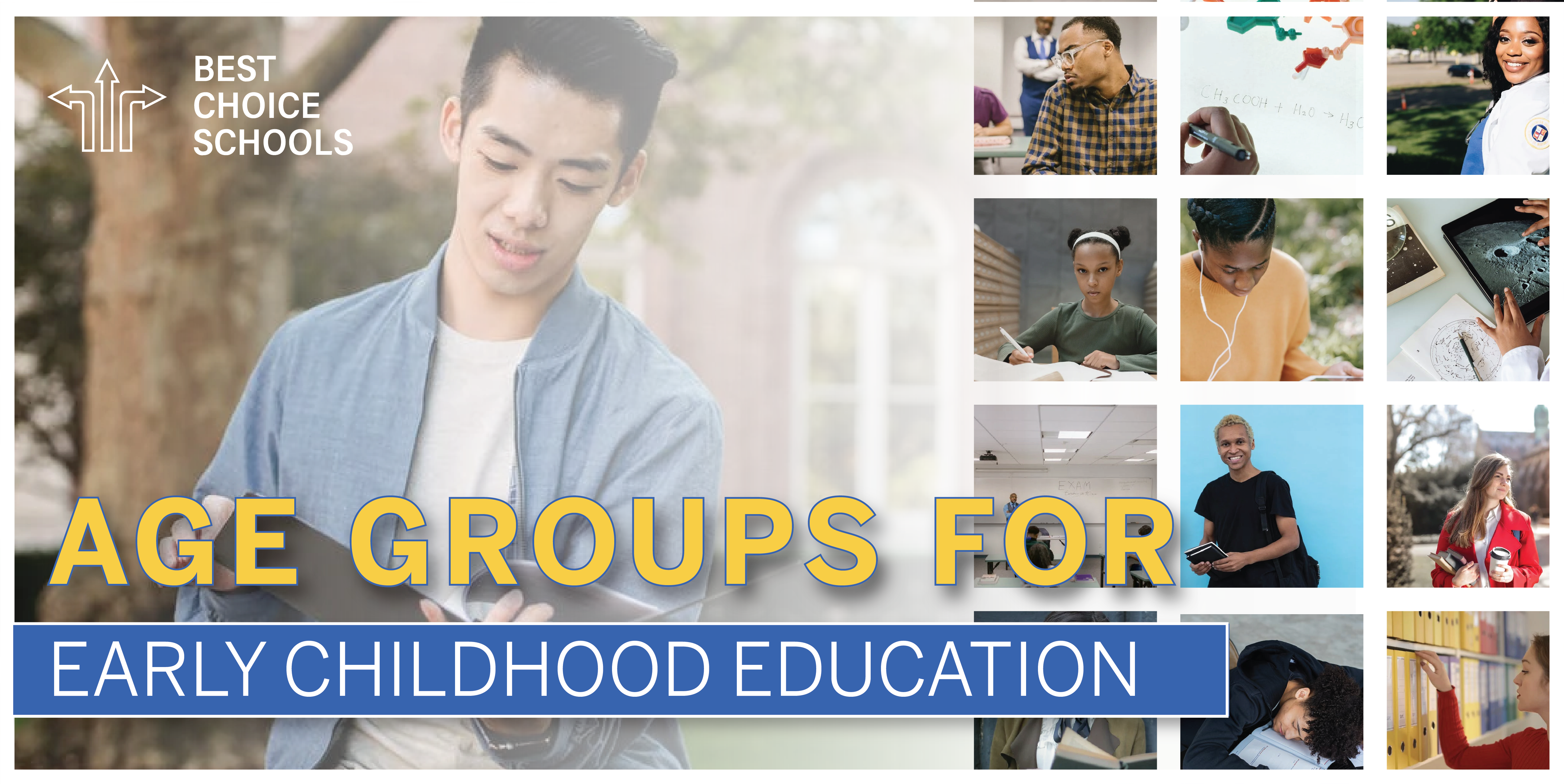
Credit: www.bestchoiceschools.com
Importance Of Early Childhood Education
Early childhood education plays a pivotal role in shaping a child’s future. It is during this crucial period that a child’s cognitive, emotional, and social development takes place. The importance of early childhood education cannot be overstated, as it sets the foundation for a child’s lifelong learning journey.
Setting A Strong Foundation
Early childhood education provides a nurturing and stimulating environment where children can develop essential skills such as language, motor skills, and social interaction. By fostering a love for learning at an early age, it sets a strong foundation for future academic success.
Impact On Long-term Development
Research has shown that children who receive quality early childhood education are more likely to excel academically, exhibit better social skills, and have higher graduation rates. This early investment in education has a profound impact on a child’s long-term development, leading to improved outcomes in adulthood.
Defining Early Childhood Education
Age Range
Early childhood education typically encompasses the formative years from birth to around the age of eight. This crucial stage of development lays the foundation for a child’s future academic success and overall well-being.
Key Components
- Play-based learning
- Social and emotional development
- Cognitive development
- Language development
- Physical development
Cognitive Development In Early Childhood
Early childhood education plays a crucial role in shaping a child’s cognitive development. During this formative period, children undergo significant cognitive growth, laying the foundation for their future learning and problem-solving abilities. Understanding the cognitive development in early childhood is essential for parents and educators to provide the necessary support and stimulation for young children.
Brain Development In Young Children
The early years of a child’s life are a critical time for brain development. Neural connections are rapidly forming, and the brain is highly responsive to external stimuli. Exposing young children to a rich environment that includes various sensory experiences can positively impact their cognitive development, setting the stage for future learning and academic success.
Importance Of Stimulating Activities
Engaging in stimulating activities is vital for fostering cognitive development in early childhood. Activities that encourage problem-solving, creativity, and exploration help children develop essential cognitive skills. Providing opportunities for play, hands-on learning, and exposure to new experiences can significantly contribute to a child’s cognitive growth during this critical developmental stage.

Credit: childcareta.acf.hhs.gov
Social And Emotional Development
Social and emotional development plays a crucial role in early childhood education, shaping the foundation for a child’s future interactions and relationships. It encompasses the ability to build relationships, manage emotions, and navigate social situations effectively.
Building Relationships
Building relationships is a fundamental aspect of early childhood education. It involves helping children develop the skills to interact positively with their peers, teachers, and other adults. Through play-based activities and collaborative projects, children learn the value of cooperation, empathy, and communication. This fosters a sense of belonging and community within the classroom and sets the stage for healthy social interactions in the future.
Managing Emotions
Managing emotions is essential for a child’s social and emotional well-being. Early childhood education provides a nurturing environment where children can learn to identify and express their feelings in a constructive manner. Emotion regulation techniques such as deep breathing exercises and mindfulness activities are integrated into the curriculum to help children develop a strong foundation for emotional resilience.
Ideal Age To Start Early Childhood Education
Understanding the ideal age to start early childhood education is crucial for parents looking to provide the best foundation for their child’s development. Early childhood education typically begins at around the age of three to four years old.
Factors To Consider
- Child’s Development Stage
- Parental Involvement
- Social Interaction Opportunities
Benefits Of Starting Early
- Enhanced Cognitive Development
- Improved Social Skills
- Early Exposure to Learning Concepts
Commencing early childhood education at the right age can significantly impact a child’s growth and future success.
Types Of Early Childhood Education Programs
Preschools
Preschools are educational establishments offering early childhood education to children typically aged 3 to 5 years old.
Montessori Schools
Montessori schools follow the Montessori method, emphasizing self-directed learning in a nurturing environment.
Parental Involvement In Early Childhood Education
Early childhood education typically refers to the period from birth to age eight. Parental involvement is crucial during this time as it can have a significant impact on a child’s academic and social development.
Parental Involvement in Early Childhood Education Early childhood education is a crucial time for children to develop essential skills that will set the foundation for their future academic success. Parental involvement plays a vital role in supporting and enhancing the learning experiences of young children. Supporting Learning at Home, Communication with Teachers, and Engagement in School Activities are key aspects of parental involvement in early childhood education.Supporting Learning At Home
Parents can create a conducive learning environment at home by establishing a regular routine for reading, engaging in educational activities, and providing opportunities for exploration and creativity. Setting aside dedicated time for learning and incorporating educational games and activities can greatly contribute to a child’s cognitive and social development.Communication With Teachers
Open and effective communication between parents and teachers is essential for ensuring the best possible learning experience for children. Regularly communicating with teachers to discuss a child’s progress, challenges, and strengths can help in identifying areas where additional support may be needed. It also allows parents to stay informed about the curriculum and upcoming events at the school. By actively participating in their child’s early education, parents can have a positive impact on their child’s overall development and academic achievement.Challenges In Early Childhood Education
Early childhood education faces several hurdles that impact the quality and accessibility of programs. These challenges must be addressed to ensure every child receives a strong educational foundation.
Access To Quality Programs
Limited availability of high-quality early childhood programs impacts many children’s ability to access essential learning experiences.
Equity And Inclusion Issues
Ensuring equitable access to education for all children, regardless of background, is crucial in promoting a fair and inclusive society.

Credit: www.researchgate.net
Frequently Asked Questions
What Age Range Is Early Childhood?
Early childhood typically refers to the period from birth to age eight.
What Grade Is The End Of Early Childhood?
The end of early childhood typically aligns with kindergarten or first grade in the educational system.
What Is The Age Of Children In Early Childhood Education?
Children in early childhood education are typically between the ages of 3 and 5 years old. This stage focuses on foundational learning and development through play-based activities and social interaction.
What Is The Age Span In Early Childhood Education?
The age span in early childhood education typically ranges from birth to around 8 years old.
Conclusion
As we discussed the age for early childhood education, it’s crucial for children’s development. Choosing the right program is vital for their future success. Remember, each child is unique, so consider their individual needs when making decisions. Investing in early education is investing in a brighter tomorrow.
Lorem Ipsum is simply dummy text of the printing and typesetting industry. Lorem Ipsum has been the industry’s standard dummy text ever since the 1500s, when an unknown printer took a galley of type and scrambled it to make a type specimen book.

